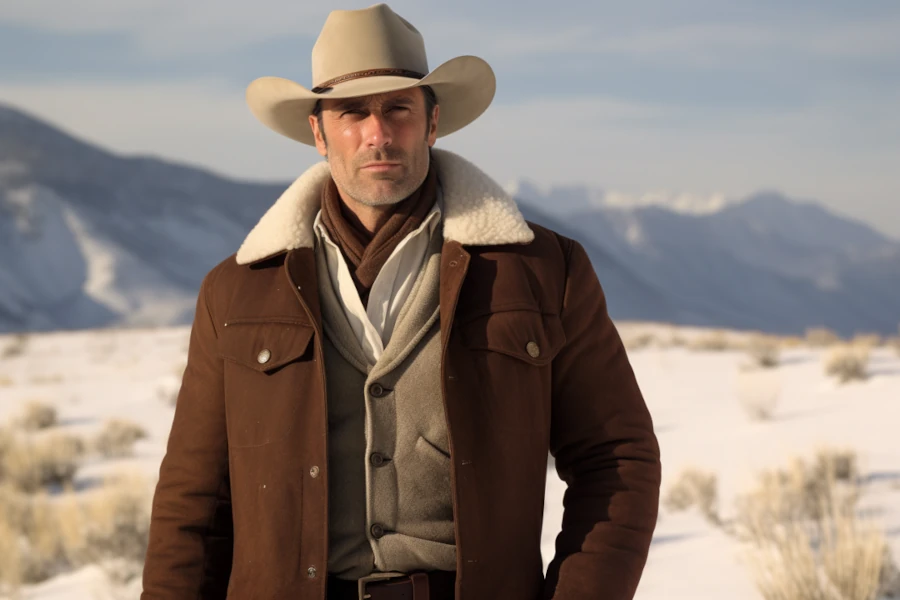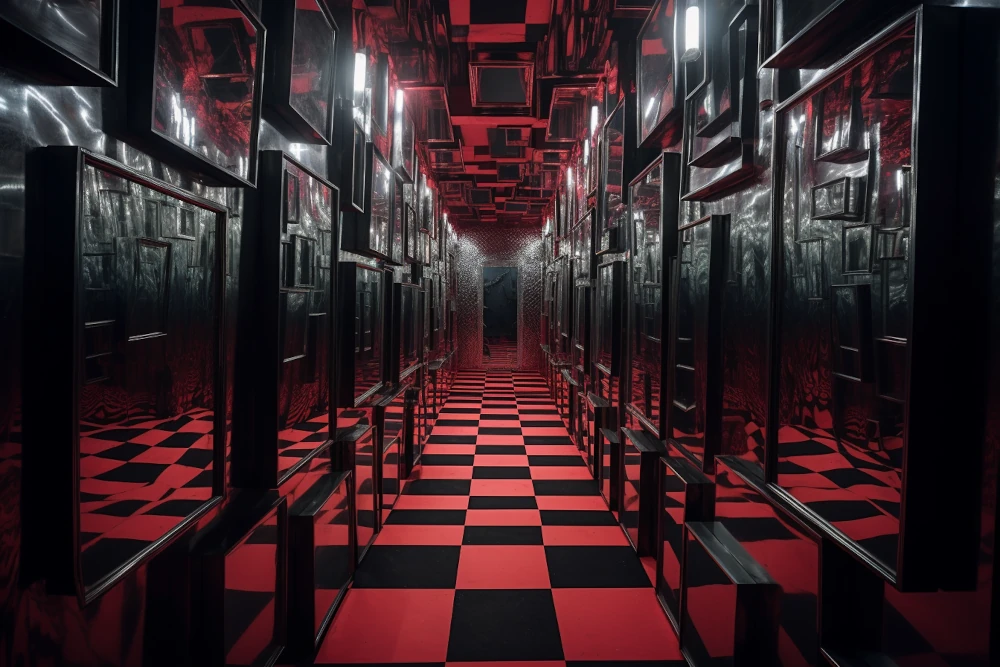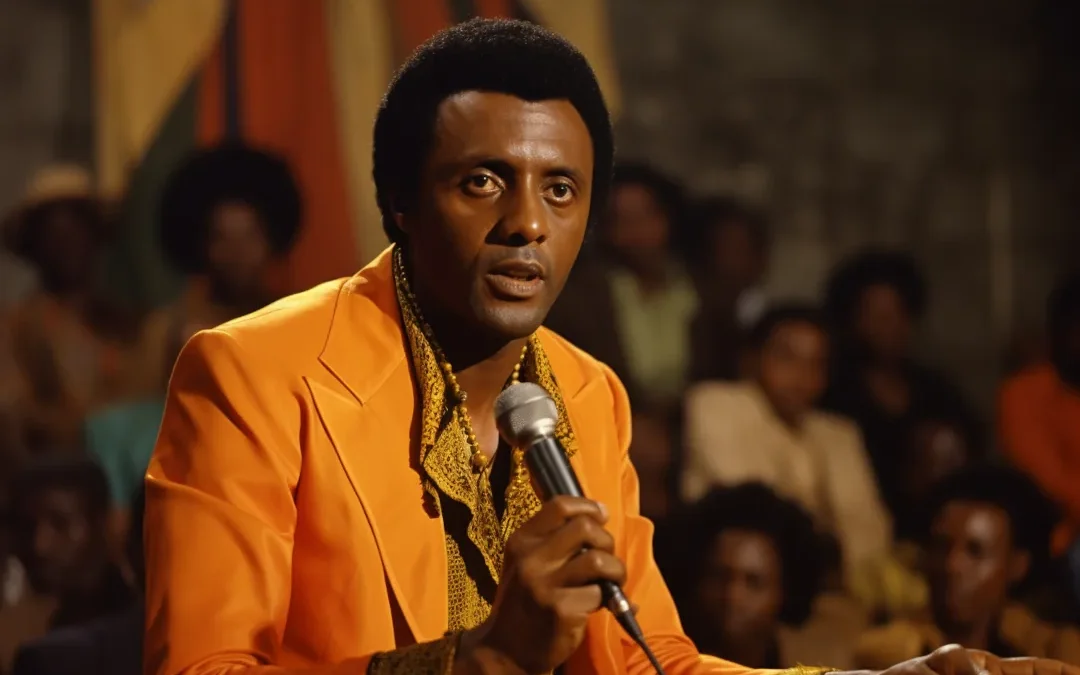It’s been a long time since I saw anything by Charlie Kaufman. I thought perhaps I had been missing out, but it turns out that I’m Thinking of Ending Things is only his second film since my last, Synecdoche, New York (2008). The financial failure of that film made it hard for him to get anything produced since.
One would think that an Academy Award winning screenwriter/director could withstand a financial bust. However, I also must admit that, although I could intellectually appreciate Synecdoche, New York, it certainly failed to entertain. It just seemed like Kaufman reached the level of success where he threw caution to the wind. A writer ought to know when they have taken self-indulgence too far.
Since his fantastic breakout with Being John Malkovich, Kaufman’s work became increasingly self-indulgent. He managed to make this work, as films like Adaptation and Eternal Sunshine of the Spotless Mind allowed him to make highly personal and bizarre films without alienating audiences. Synecdoche, New York dished up a great example postmodern professors could use to explain Jean Baudrillard, but it didn’t even make a cursory attempt to entertain. Kaufman’s best efforts rely on humor. Synecdoche abandoned humor and in doing so, abandoned the prime narrative goal: to connect with the audience.
Has Kaufman learned anything from the failure of Synecdoche, New York? Not really. I’m Thinking of Ending Things makes the same mistake—it provides audiences with a humorless tale that is just plain weird. Like Synecdoche, it brings some hefty thematic weight, but it fails to communicate these ideas in a way that would entertain.
I’m Thinking of Ending Things is a Horror Movie
There are two layers of horror to I’m Thinking of Ending Things. On the surface layer, we have the events the film depicts. A young woman who may be named Lucy or Louisa or something else (Jessie Buckley) is thinking of ending things. With her boyfriend, Jake (Jesse Plemons), that is. Or maybe not. It sounds pretty cryptic and she might be suicidal. Just describing the basics highlights what a challenging film Kaufman crafts.
They go through a blizzard to visit Jake’s parents despite the relative newness of their relationship and Lucy’s plans to end things. The two do not have much chemistry even though they appear to share a sort of grad-school intellectualism and have similar interests. Lucy feels trapped and we feel trapped with her.
When we arrive at Jake’s parents house an American Gothic horror awaits Lucy. Jake’s parents live in an old, dark farmhouse. I imagine these scenes depict the horror many urbanites feel at the prospect of spending time in the country. The drafty and dark house creaks and moans. The sheep depress Lucy. The pigs were eaten alive by maggots. The farm is a place of death.
Jake’s parents, played by Toni Collette and David Thewlis, are weird and kind of scary. More weird and scary things happen that force us to question what is really going on and whether Lucy is sane. Things get very David Lynch. Are these scenes surreal or supernatural? What do they mean? I can’t really speculate on those questions without completely spoiling it.
The point is we don’t know whether Lucy is safe. We can’t really trust Jake’s intentions. His temper flairs up from time to time. He seems to be determined to avoid taking Lucy home. She may be thinking of ending things, but he might be thinking the same thing.
The Horror of Being Trapped
Our concern for Lucy’s safety—being literally trapped with an increasingly imbalanced Jake—often seems to be an analogy these sorts of relationships. Due to poor choices, ones that seemed minor and inconsequential at the time, she finds herself trapped in an unsatisfying relationship.
While trapped in Jake’s parents house, time seems to let go and his parents come and go, appearing as different ages. Sometimes much younger, sometimes much older. Do they represent a life with Jake that Lucy unwittingly finds herself trapped in by being overly compliant and never ending things?
Lucy feels trapped and perhaps Jake has less to do with it than she does. Life has her trapped and the horror of her relationship with Jake merely reflects this. Every scene feels as if Lucy has been trapped, even when Jake disappears. Trapped in a car, trapped in a barn, trapped in a house, trapped in a snowstorm, etc. Our decisions in life paint us into whatever corner we happen to find ourselves in.
While Kaufman shows off how clever he is by playing the literal and figurative sense of being trapped off one another, he doesn’t make things easy on the audience. A film like this can be made bearable by giving the audience something engaging—humor, mystery, action, etc. David Lynch pulls off similar things by incorporating the interestingly weird. Kaufman refuses, insisting on the Kafkaesque. There’s a reason everyone knows the word “Kafkaesque” but no one actually reads Kafka.
Then I Read the Book Synopsis
Spoiler Stuff The above interpretation was the best I could make of the film. Then I read the book synopsis. In the book, Lucy is merely a figment of Jake’s imagination. His parents are long dead and he’s the old janitor I never even bothered mentioning above. The book ends with his suicide—he truly was thinking of ending things the whole time.
Did I pick any of this up? Kind of. It was pretty obvious that Jake was the old janitor. I thought he had a heart attack and died in his car and, as he walks back into the school naked, it’s his spirit or something. It wasn’t clear how that fit within the linearity of the film, but since we saw Jake’s parents at all sorts of different life stages, that didn’t seem to matter. Without reading the book (or cheating like I did), I don’t think a viewer stands a chance of piecing this thing together.
The Fight Club twist ending, what TV Tropes calls “Tomato in the Mirror”, is pretty weak. This has become popular, where the reader can’t see the twist coming because the author has been dishonest with them the entire time (usually through an unreliable narrator). For some reason many authors feel very clever for showing us subjective delusions but hiding that fact until the end. Sorry Palahniuk, it’s not quite the O’Henry ending you think it is.
The ending is especially problematic for I’m Thinking of Ending Things because it undercuts the interesting ideas presented up until that point. Maybe. I didn’t read the book so maybe Kaufman just infused those interesting ideas into the adaptation. Wouldn’t be the first time he did that. If that’s the case, he probably should have gone the route of Adaptation and deviated even further from his source material.




